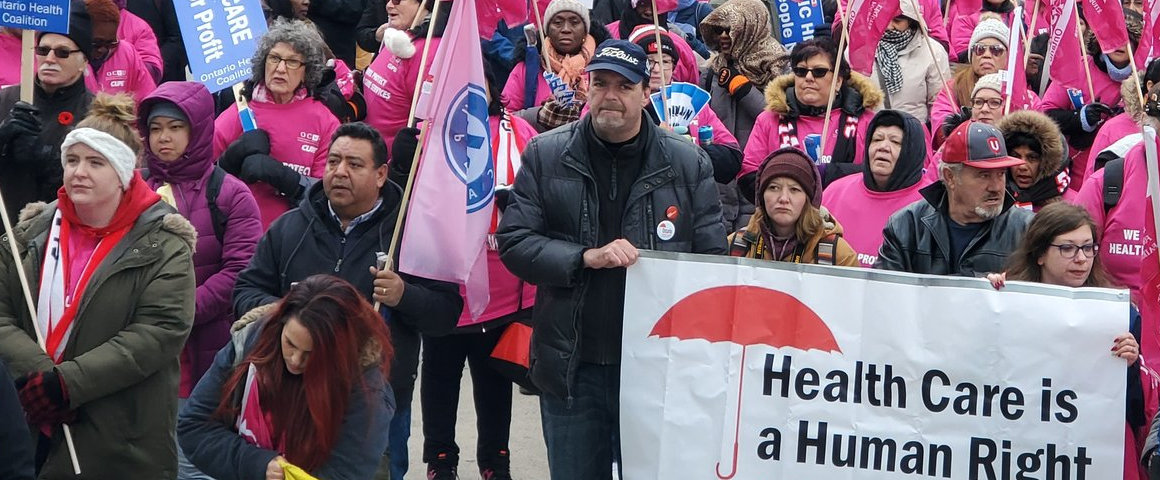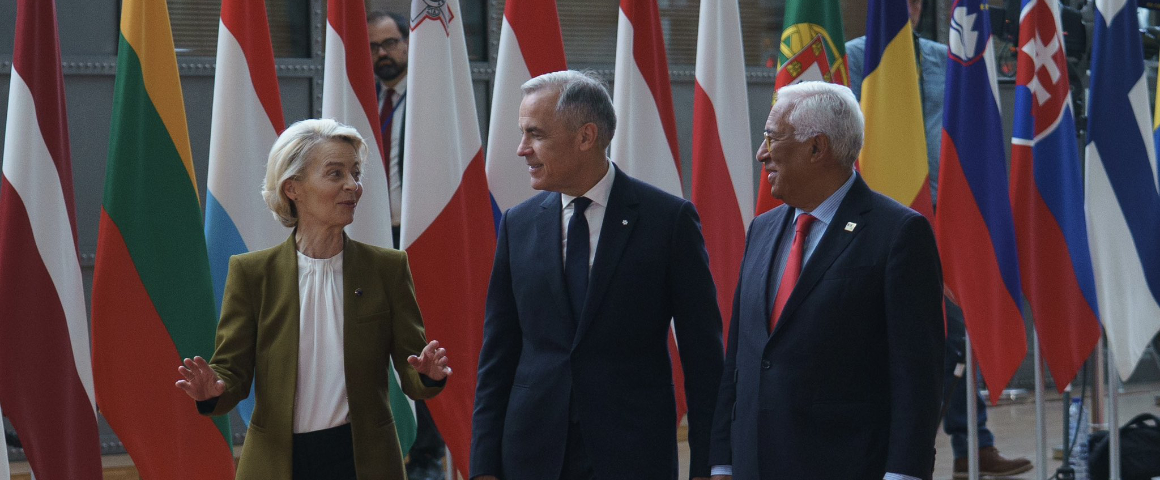By Stéphane Doucet
On December 4, the CEO of UnitedHealthcare, a large US private healthcare insurance company, was assassinated in broad daylight in New York City. The suspect, 26-year-old Luigi Mangione, was arrested on December 9 after an extensive police search. The case was without a doubt a lightning rod for public hatred of for-profit medicine and its incalculable human cost on the people of the US.
From the beginning, the killing was treated with a mixture of glee and fandom from a large section of the population, while it elicited a cautious, squirmy condemnation from the political and business establishment.
Mainstream news has already started running big stories about the efforts to dampen the enthusiasm around the murder: Google shut down the comments and reviews on the McDonalds where he was apprehended with the help of staff; GoFundMe suspended fundraisers for his legal defense; Amazon took down merchandise emblazoned with the “Deny, Defend, Depose” slogan the killer had put on the shell casings, itself a reference to insurance companies refusing to pay for their customers’ healthcare expenses.
All this to say that the killing of the CEO of a company making a killing (literally and figuratively) off regular people, rather than being shocking as would be the case with most murders, is greeted with a collective schadenfreude. Progressives, especially those in Canada, should take note for a few reasons.
First off, we’re not that far off from the US in terms of healthcare. A recent study by the Canadian Cancer Society found that the average cost of a cancer diagnosis over a lifetime amounts to $33,000. This includes lost income but most relevant here is the cost of prescription medication, travel and other uncovered medical costs. Last year, that added up to a total of $7.5 billion paid out of pocket by people in Canada.
Other examples abound. Ontario premier Doug Ford is opening up certain surgeries to the private sector. The Quebec government hired Geneviève Biron, former head of a private healthcare company, to run the new public entity in charge of healthcare.
The private healthcare sector is in constant expansion, and this creates more and more opportunities for it to muscle into the public system, despite the Canadian Health Care Act prohibiting this.
This brings us to the second reason to reflect: the case of the CEO killing south of the border should wake us up to the political context that led to it. When there is no political path toward improving peoples’ lives, they can often turn to violence, cynicism, nihilism and pessimism.
Presumably, almost all those who hate healthcare profiteering would rather nationalize that system than morbidly cheer on when, once in a blue moon, someone kills an easily replaceable CEO. But progressive movements have to be able to capture that energy, that discontent, and make it work for the people.
In Canada, we’re already a far down the road of private, for-profit healthcare, and we have a lot of work to do to reverse this.
But it won’t happen through assassinations. It will be through patient work with the labour and progressive movements, part of a coalition with clear goals, and a no-compromise attitude towards the parasites who would deprive us of life-saving technologies, staff and institutions.
Support working-class media!
If you found this article useful, please consider donating to People’s Voice or purchasing a subscription so that you get every issue of Canada’s leading socialist publication delivered to your door or inbox!




